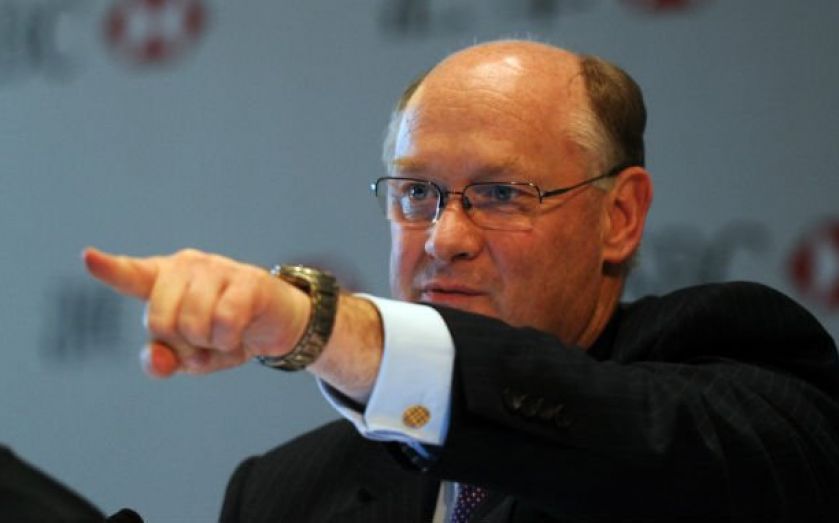Scottish independence: HSBC chairman Douglas Flint warns currency uncertainty could prompt capital flight, leaving finances in “parlous state”

HSBC Chairman Douglas Flint has warned the loss of a combined currency union if Scotland becomes independent could prompt capital flight from the country and leave it in a “parlous” financial state.
Writing in the Telegraph, the Scottish-born head of HSBC said a shared currency was a core element of Scotland’s economic benefits.
He warned any deviation from the existing currency union would be “complex and fraught with danger”, and in the worst scenario could cause capital flight, “leaving [Scotland's] financial system in a parlous state.”
He also warned this could place “enormous pressure” on Scotland’s future fiscal policies.
“Scotland would give up the benefits of being part of a larger fiscal union with the stability that offers in terms of scale, diversification and fiscal transfers,” he said.
Flint called the lack of an alternative to a currency union from pro-independence campaigners "surprising," adding: “Throughout history countries have sought to demonstrate their coherence, ambition and the predictability of monetary, fiscal and economic policies through the value of their own currency.”
However, he warned any scenario – establishing its own currency or an informal link with sterling – would cause Scotland’s borrowing costs and those of its businesses and consumers to rise “at least in the near term”.
Flint has previously aligned himself with the pro-union Better Together campaign, and is the most senior business leader to voice concerns about the effect an independent Scotland could have on financial institutions and fiscal policy.